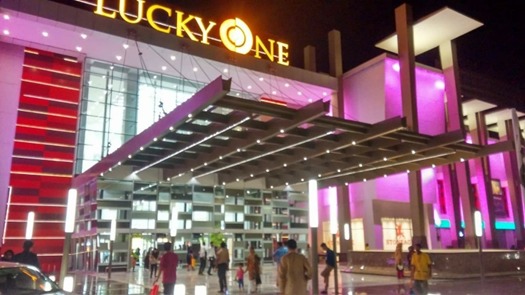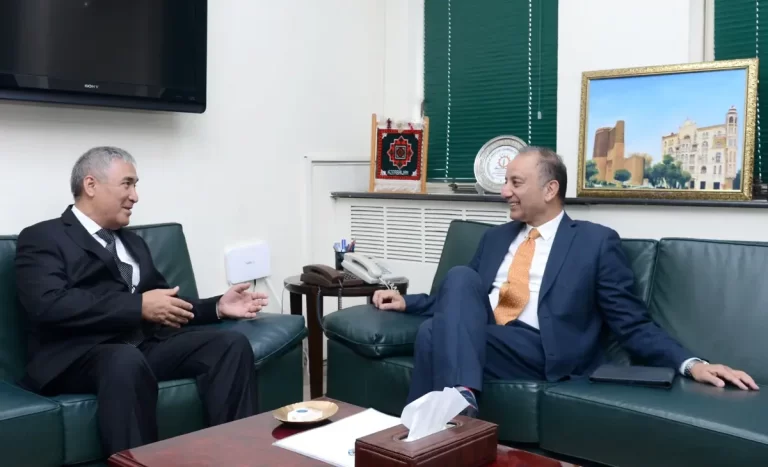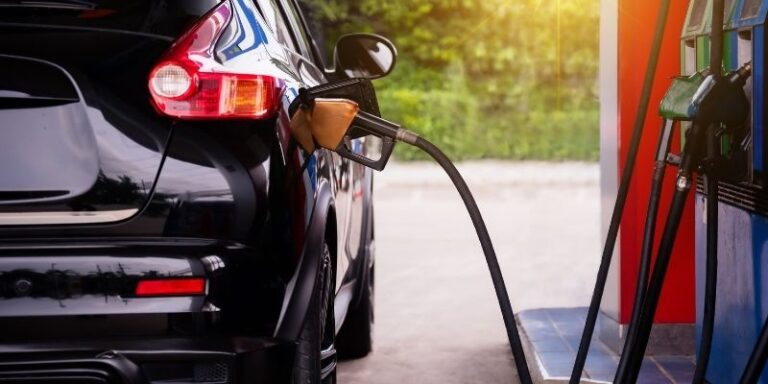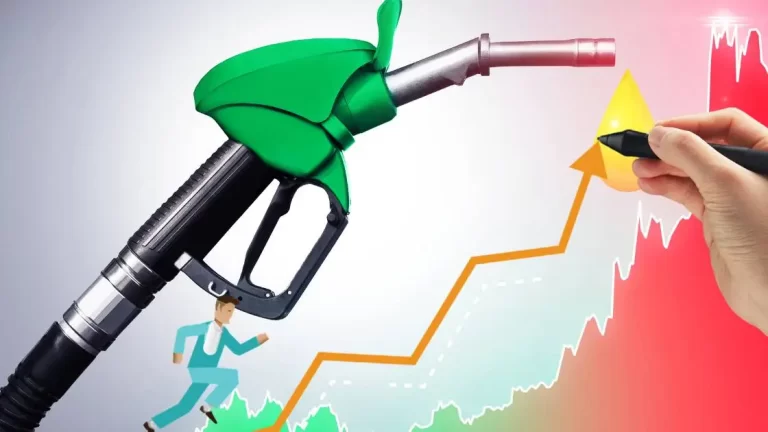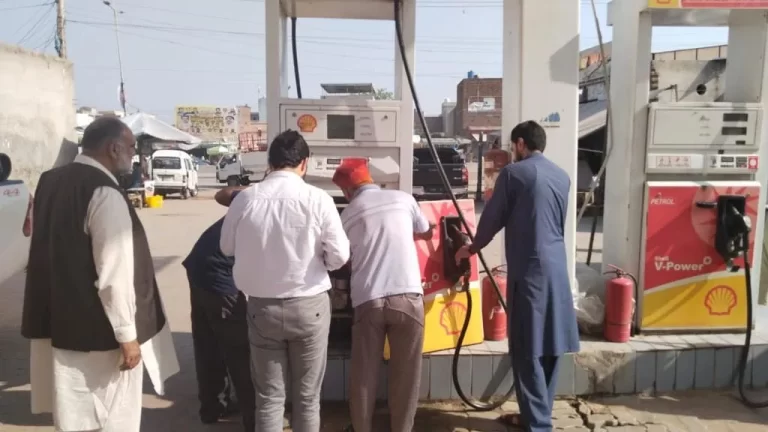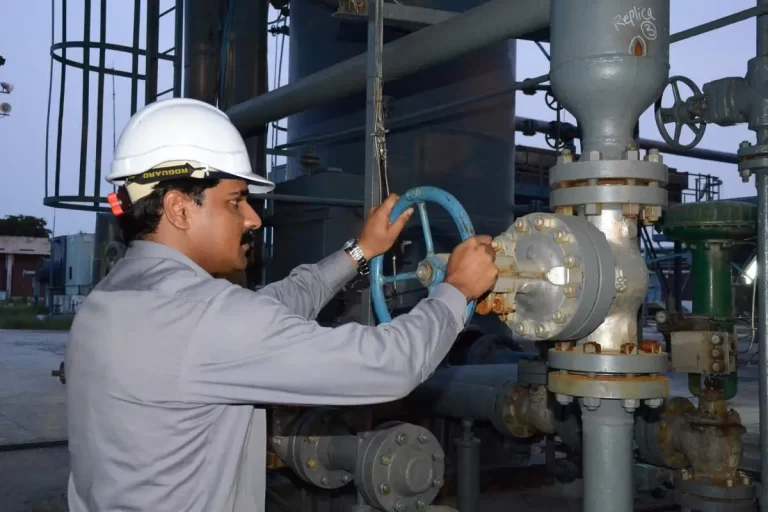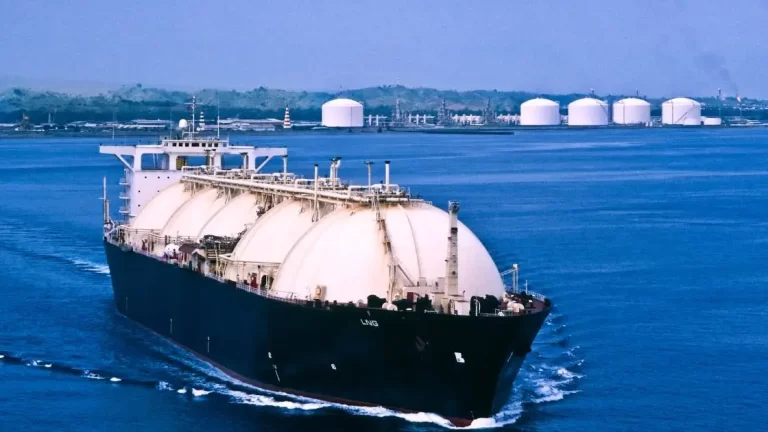Tax on common man to pay for additional Multi-billion Package for top industries
200 retailers in this high-end Karachi mall enjoy full relief from taxes and tariff hikes as they are supplied power produced using precious low-priced natural gas.
Rs800 billion FCA burden on the public can be halved in half if power plants ran on singular-priced gas.
The Economic Coordination Committee of the Government of Pakistan has approved at least Rs60 billion subsidy for top businesses and industries that are part of export sector.
On the other hand, power tariffs have increased for rest of country by Rs7.91 per unit, income tax slabs for working class have been raised and most of all a fixed sales tax ranging from Rs3,000 to Rs25,000 has been applied on retailers and small traders through electricity bills.
The approval of Rs60 billion was given against an ask of Rs129 billion brought by the Ministry of Commerce for the full year. The export sector was able to extract Rs106 billion in subsidies in the previous year as well.
The latest subsidy is but the tip of the iceberg of the “benefits” this sector enjoys to which ECC Member and former Prime Minister Shahid Khaqan Abbasi objected.
He was of the view that captive units should avail either one of the two subsidized energy tariffs: gas or electricity instead of both.
Nepra allows to continue Rs 9.1 per unit tariff for NJHP
Few committee members observed that such schemes clearly miss rationality and come at a time when we are imposing additional burden on IMF demand on the middle working-class of the economy including retailers and small traders.
Retailers riled up over fixed sales tax
Simultaneously, all Pakistan Anjuman Tajran and Traders Action Committee took to the streets in Islamabad demanding removal of Federal Finance Minister Miftah Ismail for implementing the sales tax in bills, dubbing it “cruel.”
Protests by small traders have erupted in AJK, Peshawar, Lahore and many parts of country. Hasnain Khurshid, Sarhad Chamber of Commerce and Industries chief stated that with high inflation, traders were poor and could not afford this new tax burden.
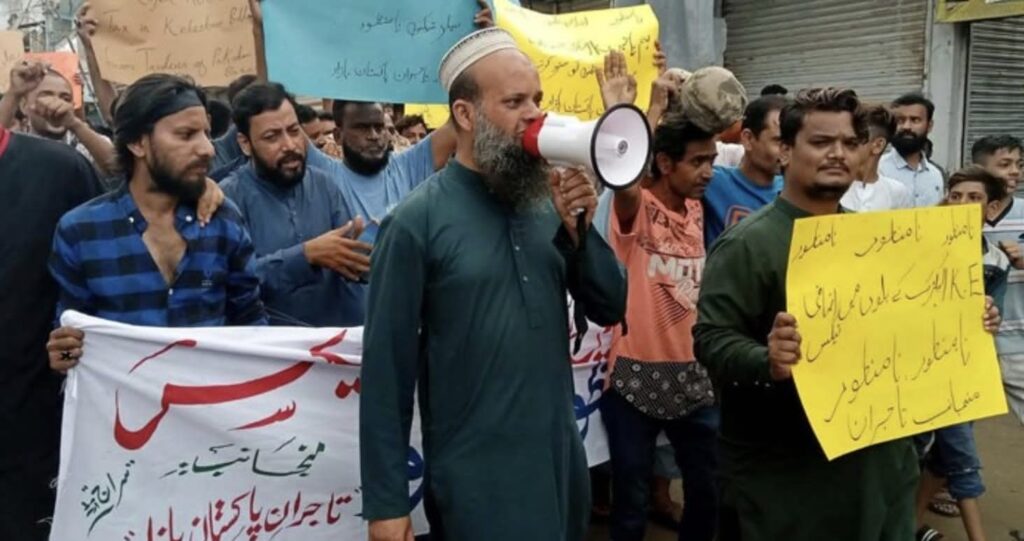
According to Finance Minister Miftah Ismail, there are approximately 8 million retailers in Pakistan, who have been targeted under the slab’s revision with an understanding that at least 30-35% would register with FBR and become active taxpayers.
According to tax experts, at best 3 million retailers will register some of whom will be exempted whereas remaining small to large retailer will fall in tax paying category. If the retailers pay, the average tax collection expected to be squeezed from this exercise is Rs150 to Rs200 billion.
However, this seems unlikely as retailers and small businesses are already reeling from the shock of fuel price hikes and power tariff.
Residential customers across Pakistan meanwhile have taken to social media to question why taxes are outweighing the price of electricity in their WAPDA bills for July. Both residential and commercial customers as well unprotected industrial customers are set to be hit by a further hike in electricity bills August onwards.
Power Tariff Increase to further impact residential and commercial customers
In a bid to secure the IMF loan, Prime Minister Shehbaz Sharif led government has agreed to increase base tariff for electricity across Pakistan by Rs. 7.91/KWh.
In FY21, total sent out in the country was approximately 120,000 GWh, with base tariff increase Rs. 960 Billion mark a dent on people’s income.
The first tranche of Rs 7.91 per unit power tariff hike is set to be charged in bills generated in last week of July onwards. Export sector industries and gas based generators will remain exempt from the taxes in bills, the power tariff increase as well as fuel adjustment charges that are rising steeply.
Public pays high adjustments costs in bills due to expensive fuel
Government is procuring highly expensive RLNG to keep its power plants running. The very high cost of the RLNG used in producing electricity by the government is billed to small business and common customers through fuel adjustment charges.
The CPPA / WAPDA fuel adjustment burden on customers for the month of May was Rs120 billion and another Rs133 billion for June. These costs will be collected in July and August bills respectively. Looking at the Fuel price trajectory, this sums up to an additional burden of at least PKR 800 billion on the public in this year alone in fuel adjustments.
According to economists, the fuel cost burden on public can be halved if gas was allocated rightly and priced uniformly, i.e at a single price.
For example, currently discretionary allocation of natural gas to export sector is also being enjoyed by few private industries for commercial gain.
According to sources, roughly 400mmcfd gas is being consumed by 1,000 industrial and private captive power plants on both Sui Northern Gas and Sui Southern Gas network. Only half of these 1,000 businesses are export oriented.
Not only industries but entities like hotels and resorts, mega shopping malls and biscuit factories are being allowed to use this preciously low-priced local gas for their private profits.
These connections have been acquired, retained and enhanced through influence, connections, lobbying and other means.
Disguised benefits to chosen few
Whilst public shoudlers burden for costly RLNG imported by Government, per the latest ECC decision, exporters will also have access to this RLNG at a highly subsidised rate.
At the $9 fixed price per mmbtu, versus the $18 to $24 for rest of country, this translates into a 50 to 70% subsidy.
The layer upon layer of relief hides the overall benefit given to one particular segment of society. This strategy is akin to hidden charges that the telecom sector was once infamous for, according to an economic expert, who puts the benefit of lower fuel costs alone to these 1,100 businesses as at least Rs800 billion. It is no coincidence that the Rs 800 billion relief to the big players and the FCA burden on the rest is more or less the same as the relief has to be funded within.
FCA burden on public can be halved with right policy and rational policy
The production and import of gas, its allocation and daily usage by each plant or user if clearly and openly communicated and regulated by OGRA can end the ongoing cycle of abuse.
According to sector experts, this is entirely possible. Currently, CPPA/ power sector creates a basket for power produced through hydel, gas, RLNG, diesel and nuclear into a single price basket before selling it forward. This creates more transparency, uniformity and minimizes room for discretionary allocations and “double dipping.”
If this was replicated in the gas prices *the Rs 800 billion FCA burden on residential customers, small and medium businesses, traders and retailers can be halved if single gas tariff is adopted in the country.* If power plants ran entirely on natural gas this burden can be brought much further down. The mechanism exists and only requires will to implement on gas tariff.
While levying taxes on petroleum products, raising power tariffs and increasing tax net is part of the staff level agreement with IMF to save money, Government must prove to people why it continued providing mistargeted subsidies for big businesses.
Policies and frameworks must be devised to ensure fair allocations of subsidies and reliefs where the interest of common man are protected and a single tariff for gas should be charged to everyone uniformly regardless of nature of use, geography and social status.
It is time, the handful of entitled and privileged families who have been enjoying these perks for 75 years join in to share the burden instead of putting it entirely on the 220 million toiling everyday on the roads, one sector expert noted.


